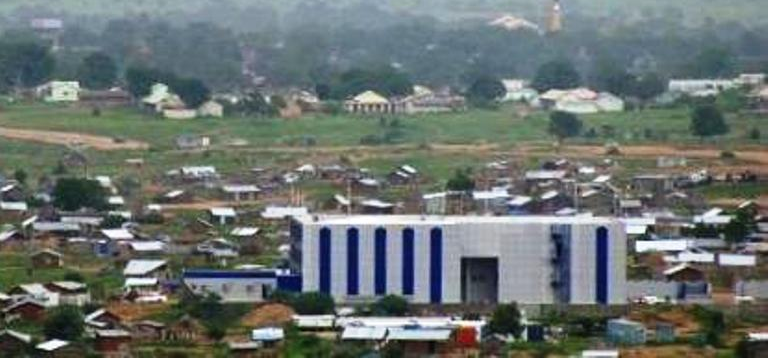South Sudanese lawmakers on Wednesday passed the hotly debated National Security Act 2014 (Amendment) Bill 2024, which gives the security agency the right to arrest suspected criminals without a warrant.
The lawmakers maintained the two controversial sections 54 and 55 of the Bill, which give the agency broad and unqualified powers.
The Bill was passed by voting after the parliamentarians failed to reach a consensus, with some urging the scrapping of the two sections as demanded by a section of the civil society.
Addressing the media after the session, the Assembly spokesperson and chairperson of the Information Committee, Oliver Mori Benjamin, said that they resorted to voting after the August House failed to agree.
He said 274 of the 391 members voted in favour, 144 against, while three members abstained.
Mori said the members had exercised their democratic rights, and the Bill had been passed by a majority vote that was in line with the parliamentary regulations.
The passing of the Bill, which many consider a threat to the citizens, comes after the two principals, President Salva Kiir and First Vice-President Riek Machar, had agreed to delete the two sections, which grant the National Security Service powers to arrest and detain people without an arrest warrant.
When asked by journalists why Parliament disregarded the decision of the principals, Mori said the August House did not receive any official communication from the leadership of the parties.
“There was no document to show that the two had agreed to delete or to remove the two sections, 54 and 55. It was debated in the House. So there it is,” he added.
The legislator further said that the voting by the members was democratic and the Bill was passed.
The First Deputy Speaker, who is also the deputy chairperson of the opposition SPLM-IO, Oyet Nathaniel, disagreed with the passing of the Bill. He demanded the deletion of the two sections.
A member of the South Sudan Opposition Alliance (SSOA), and the current acting Chief Whip, Peter Lomude, called for the removal of the two sections, saying they were not corresponding to the Constitution.
Lomude said the Constitution only granted the National Security Service the powers to gather and verify information and help the police to do the arresting.
“I think it is very clear, Madam Speaker, based on your statement from the beginning of this session. It is important that what we pass here is in conformity with the Constitution because it is the supreme law of the land,” he said.
Reaction to the Bill
Edmund Yakani, a civil society activist, criticized the lawmakers for passing the controversial National Security Bill, which violated the presidency’s decision to remove sections 54 and 55 of the law.
“It is essential to reform the National Security Services law in conformity with standards and principles of the bill of rights and international treaties of the United Nations that South Sudan ratified and is a state party to,” Yakani said.
President Salva Kiir is widely expected to sign the new Bill, which is the last step remaining before it becomes law.




